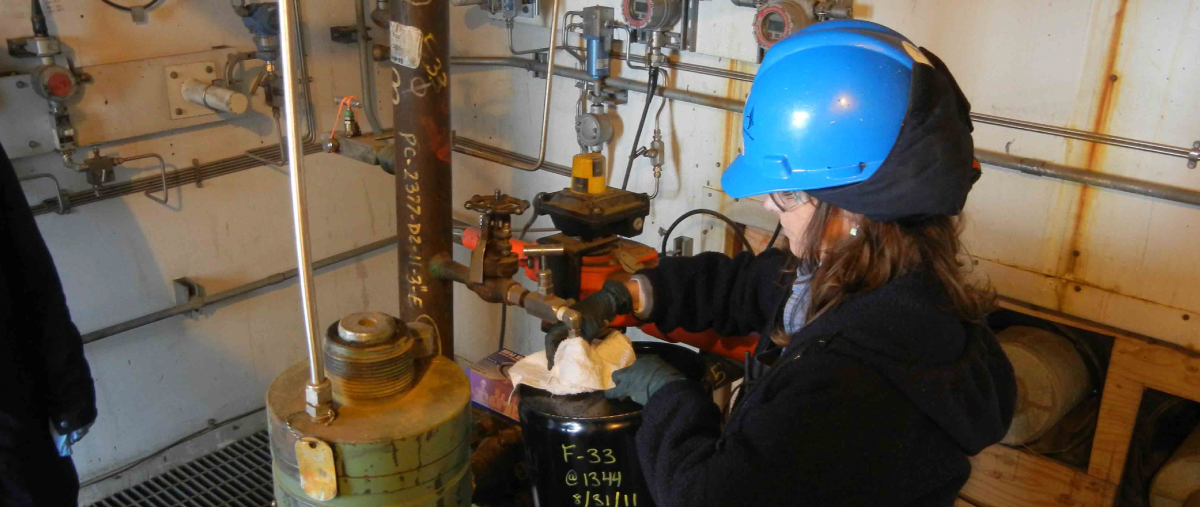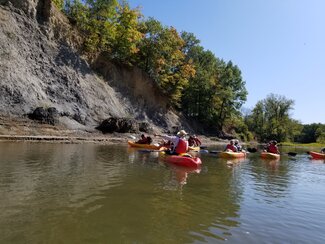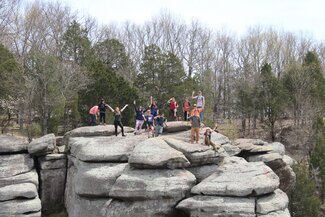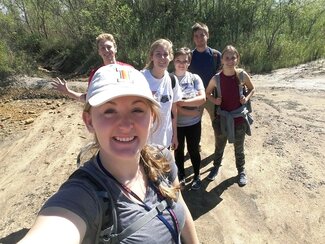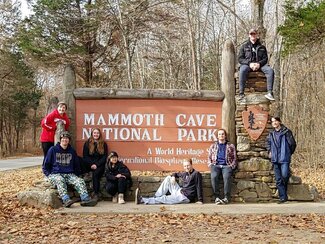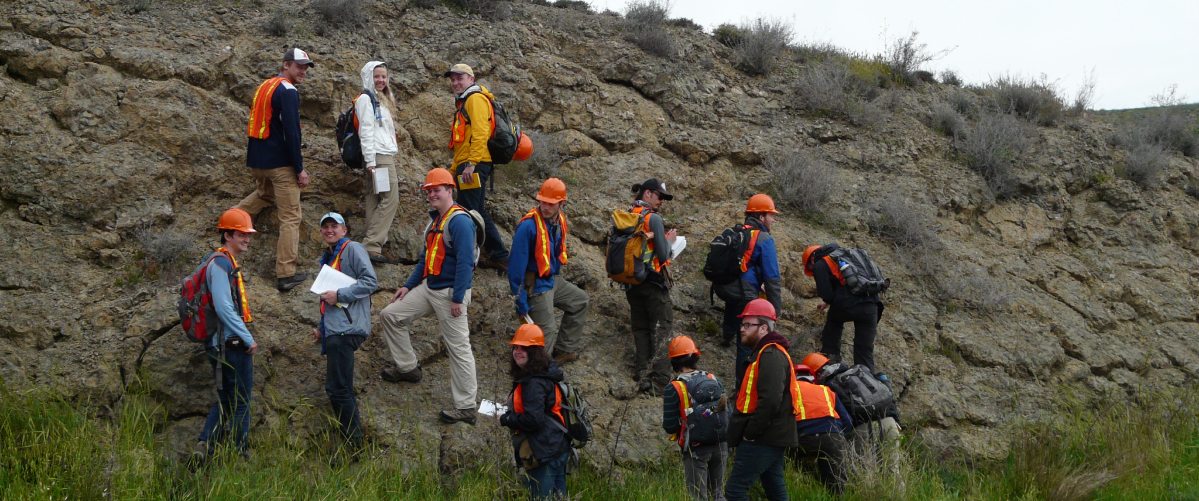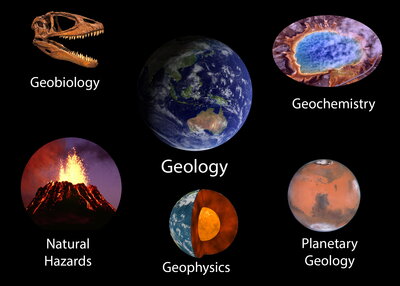
What is Geology?
Simply, geology is the study of the Earth. Generally, geologists study how the Earth works, both today and in the past. We like to think of geology as the ‘liberal arts’ of the sciences. That’s because geology takes ideas from math, physics, chemistry, and biology and applies them to the Earth.

Don’t you just look at rocks?
‘Looking at rocks’ is certainly part of geology, but geologists study all sorts of things! Geologists use satellites and submarines to study volcanoes, they use sophisticated computer models to study climate change, they use special instruments to study how rivers change over time, and they even study rocks forming in our bodies! Really, geologists are interested in solving problems on the Earth. It’s a lot more than just ‘looking at rocks’.
What kinds of jobs can you get as a geologist?
Students with geology degrees get lots of jobs! More than anything, what you’ll learn as a geologist is how to think critically about the Earth, how to solve interesting problems, and how you can make a difference in the world.
Geology students get all sorts of jobs, but there are a few main sources for geology jobs. These are: industry, the private sector, the government, and education. Geologists in industry can get jobs in things like mining and mineral resources, petroleum exploration, and greenhouse gas sequestration. Geologists in private companies often get jobs in environmental consulting firms or in non-profit organizations. Geologists in the government help explore and research natural resources like minerals or water. And geologists in education are middle and high school teachers, community college professors, or research professors like the ones here at the University of Illinois.
Job prospects for geologists are strong and growing. Employment for geologists is over 99% with an average salary of approximately $80,000 (see College Majors With the Lowest Unemployment). Typical jobs include environmental consulting and mediation, energy exploration and production, mining, or geological engineering. Secondary and higher education are also strong fields for geologists.
And geology majors are among the happiest students on college campuses!
What sorts of things do geologists do?
Geologists solve real world problems. In fact, many of the exercises you’ll do in a geology program at the University of Illinois will BE real world problems. These range from studying greenhouse gases and climate change to understanding why and how earthquakes occur where they do. Geologists are critical thinkers who look at a wide array of different sorts of data to figure out how the Earth works.
If you’re interested in the natural world and in giving back to your community, then solving geological problems is a great way to do that.
Do geologists get to spend a lot of time outside?
Really, it depends on what you want to do!
Many of the faculty at the University of Illinois are avid field geologists, and love to take students on field trips. If you like hiking, being outdoors, and camping, then field geology might be a good fit for you.
If you’re not really interested in all that, that’s fine! Many geologists are interested in different kinds of questions, ones that we answer in a lab or with supercomputer models. For example, Prof. Trish Gregg and her students use sophisticated computer modeling to try and predict when volcanoes will erupt, all without leaving her office!
Why does geology matter?
Geology is all around us! Geologists are on the cutting edge of studying climate change, natural hazards, energy resources, water resources, and more! And as a geology student, you’ll learn about these problems and help find ways to solve them. If you’re passionate about the environment, sustainability, and how the Earth works, then check out geology!
Why study Geology at Illinois?
The Geology Department at the University of Illinois has been a home for pioneering research and excellent teaching for well over a century, with our graduates becoming leaders in both academia and industry. Being a part of one of the nation’s top public research universities, we have extensive resources, enabling our students to conduct research at the cutting edge of science.
The Department of Geology strives to not only conduct advanced research but to also provide high-quality education in the geosciences at the undergraduate and graduate level. Our general education courses draw close to 4,000 students per year. The Department sponsors field courses to spectacular locations, including Curaçao, southern Arizona, Death Valley, the Colorado Plateau, and the Canadian Shield. We also run a summer geology field camp in Park City, Utah, in conjunction with a few other universities.
School of Earth, Society & Environment
The School of Earth, Society, & Environment consists of the Departments of Geology, Atmospheric Sciences, and Geography & Geographic Information Science. The School facilitates interdisciplinary research and teaching, with opportunities to study GIS, atmosphere/land interactions, and social-policy implications of geoscience research. We can offer a truly unique interdisciplinary community and provide opportunities that know few bounds! Join us in these exciting new developments within Earth Sciences and be part of the growing and vibrant research culture at Illinois. If you are interested in finding out more about our recent and innovative research or about how you could be involved, please contact one of our faculty.
